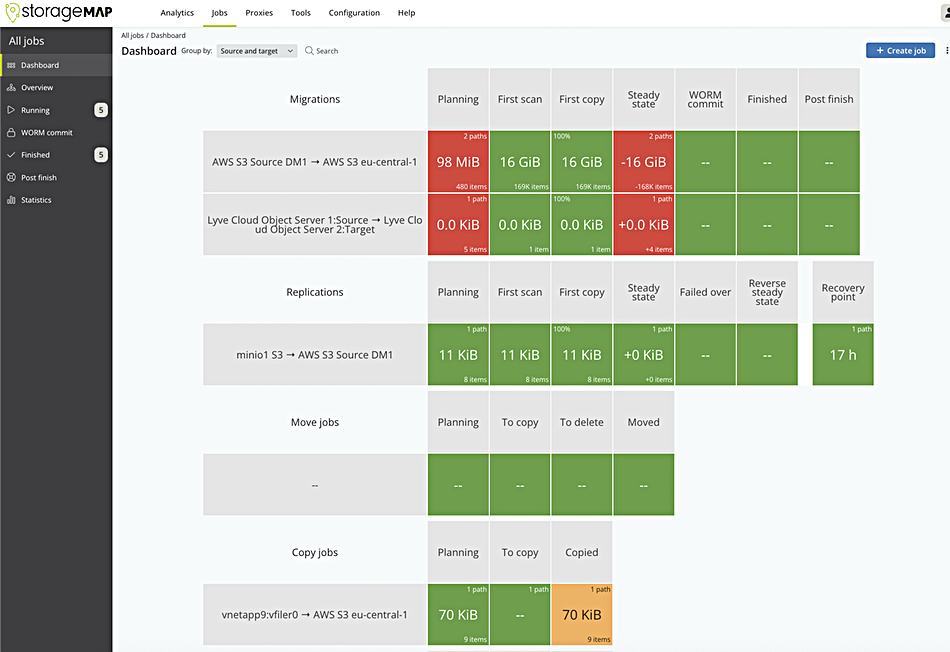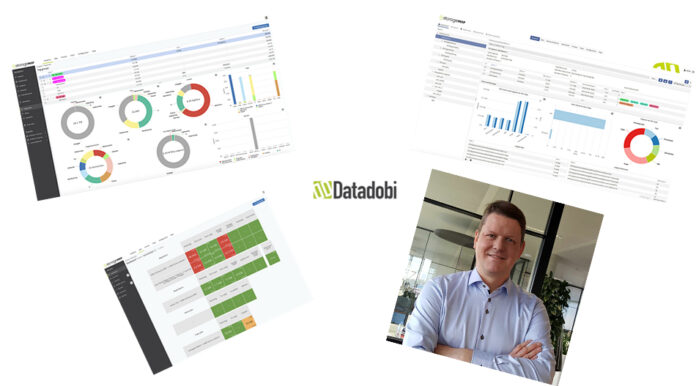Datadobi is adding more automation to its StorageMAP product to help storage admins do more quicker.
It says customers dealing with increasingly complex data landscapes need help to stay in control without suffering from more operational overhead. StorageMAP 7.3 reduces the time admins spend on routine tasks, helping them move critical data without disrupting compliance or performance.

Carl D’Halluin, CTO at Datadobi, stated: “Organizations can now define and execute policy-based actions at scale, removing the bottlenecks inherent to existing manual processes, making their file and object storage environments far more responsive to operational needs.”
Datadobi’s StorageMAP now has policy-driven workflows as part of its capabilities to orchestrate and automate data management tasks across file and object storage. Customers can, it says, act on data more precisely, and migrate between S3-compatible platforms while maintaining compliance.
Potential use cases include periodic automated archival, creating data pipelines to feed GenAI applications, identifying and relocating non-business-related data to a quarantine area, and more, we are told.

Its workflow engine can execute tasks in response to triggers such as a time schedule. Once policies are published, StorageMAP runs the workflows on schedule without requiring manual supervision. A “dry run” feature helps check out the scope of a policy before full execution.
StorageMAP 7.3 also adds support for:
- Granular file-level deletes – this helps deleting files from directories that contain a mix of valid and no-longer-valid files. Admins can identify files that match specific criteria and save them as input to a targeted delete job, which StorageMAP will execute. Each delete job generates a report detailing its parameters and outcome.
- Locked object migration between S3-compatible storage systems. This allows data in Write Once Read Many (WORM) format to be relocated across different vendor platforms while retaining its retention date and legal holds.
- S3 storage class selection during object migration or replication to support cost and performance objectives.
In the near to mid-term, we think that AI copilot-type technology will be used to enable an unstructured data estate to almost self-manage by using policies to optimize for cost, compliance, performance, and resilience.








